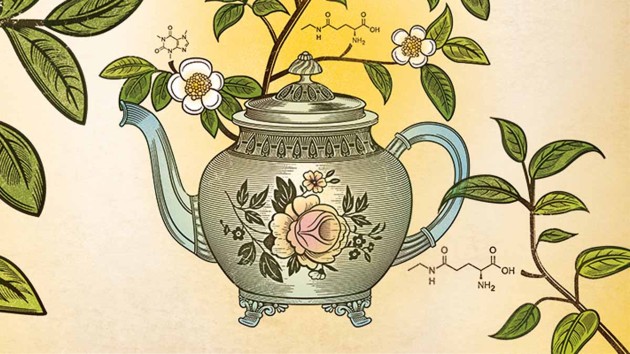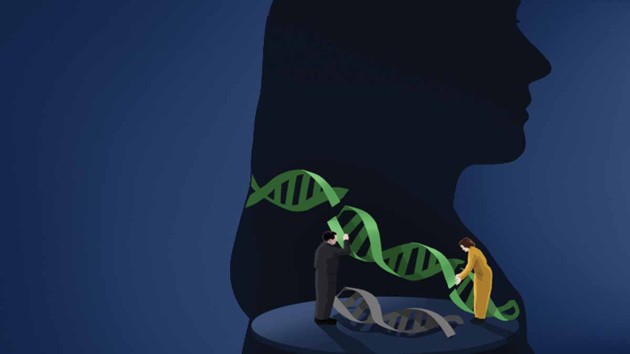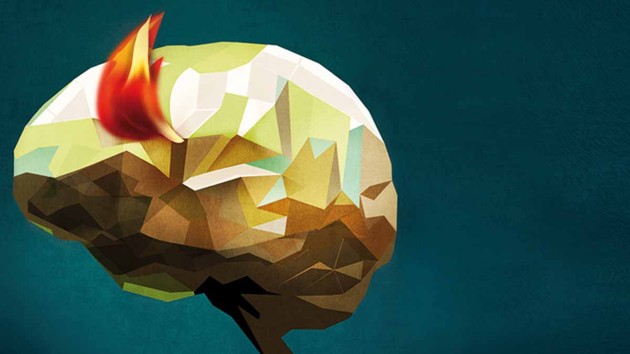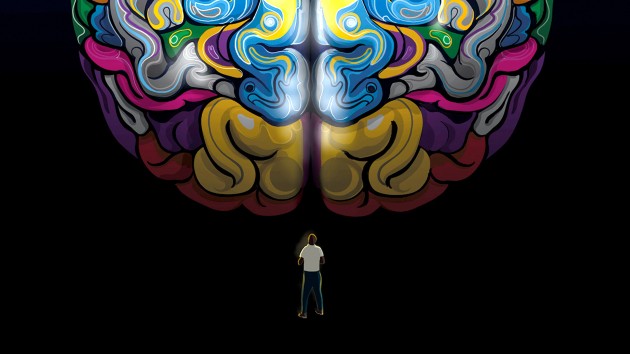Nature Outlook |
Collections
Filters
-
Collection Type
-
-
Nature Outlook |
 The eye
The eye
People’s reliance on sight means eyes are especially important among the body’s organs.
Image: Taj Francis -
Nature Outlook |
 Tea
Tea
Other than plain water, tea is the world’s favourite beverage. Researchers are now uncovering its biological secrets, opening the door to an array of potential benefits.
Image: Susan Burghart -
Nature Outlook |
 Gene therapy
Gene therapy
After a roller-coaster ride of hype and disappointment, the decades-long effort to cure diseases by repairing or replacing faulty genes is starting to yield useful treatments. Diseases that have defied treatment could be reversed by a one-time fix to a faulty gene.
Image: Sam Falconer -
Nature Outlook |
 Digital revolution
Digital revolution
The digital world is already crucial to the functioning of society, but the revolution is far from over. As the underlying technology becomes more sophisticated and pervasive, society will surely feel its impact in new and unexpected ways.
Image: Jan Kallwejt -
Nature Outlook |
 Skin
Skin
Skin is the body’s largest organ and first line of defence against disease and injury. Researchers have been working to unlock skin’s secrets so as to help heal, treat and mimic this essential barrier
Image: Marco Melgrati -
Nature Outlook |
 Lymphoma
Lymphoma
Each year, more than 400,000 people worldwide develop tumours of the lymphatic system (lymphoma), and around half that number die from the disease. Better treatments are especially being sought for non-Hodgkin’s lymphoma — the incidence of which is climbing but for which successful treatments are elusive.
-
Nature Outlook |
 Science without borders
Science without borders
If the goal of science is to improve people’s lives, it is to the world’s poorer nations that researchers should look.
Image: Taj Francis -
Nature Outlook |
 Science and technology education
Science and technology education
A strong background in science, technology, engineering and mathematics (STEM) is crucial not only for students who go on to become scientists. The jobs of the future, in a variety of sectors, will increasingly require skills in STEM subjects. This Outlook looks at the ways in which science education is being modernized and updated to help prepare young people for life in the twenty-first century.
Image: Sébastien Thilbault -
Nature Outlook |
 Brain cancer
Brain cancer
Brain cancer is one of the most aggressive and difficult-to-treat malignancies. Moreover, in the almost 50 years since the start of the war on cancer, the prospects for people who develop brain cancer have improved much more slowly than those of individuals with other types of cancer.
Image: Daria Kirpach -
Nature Outlook |
 Alzheimer’s disease
Alzheimer’s disease
Alzheimer’s disease is the most common form of dementia. For decades, researchers have sought a treatment to no avail, and our understanding of the condition is now being questioned.
Image: Giulio Bonasera -
Nature Outlook |
 Huntington’s disease
Huntington’s disease
There is fresh hope for treating Huntington’s disease, an inherited neurodegenerative condition that causes uncontrollable movements, emotional disturbance and the loss of mental abilities. But biological mysteries remain.
Image: Neil Webb

 The brain
The brain